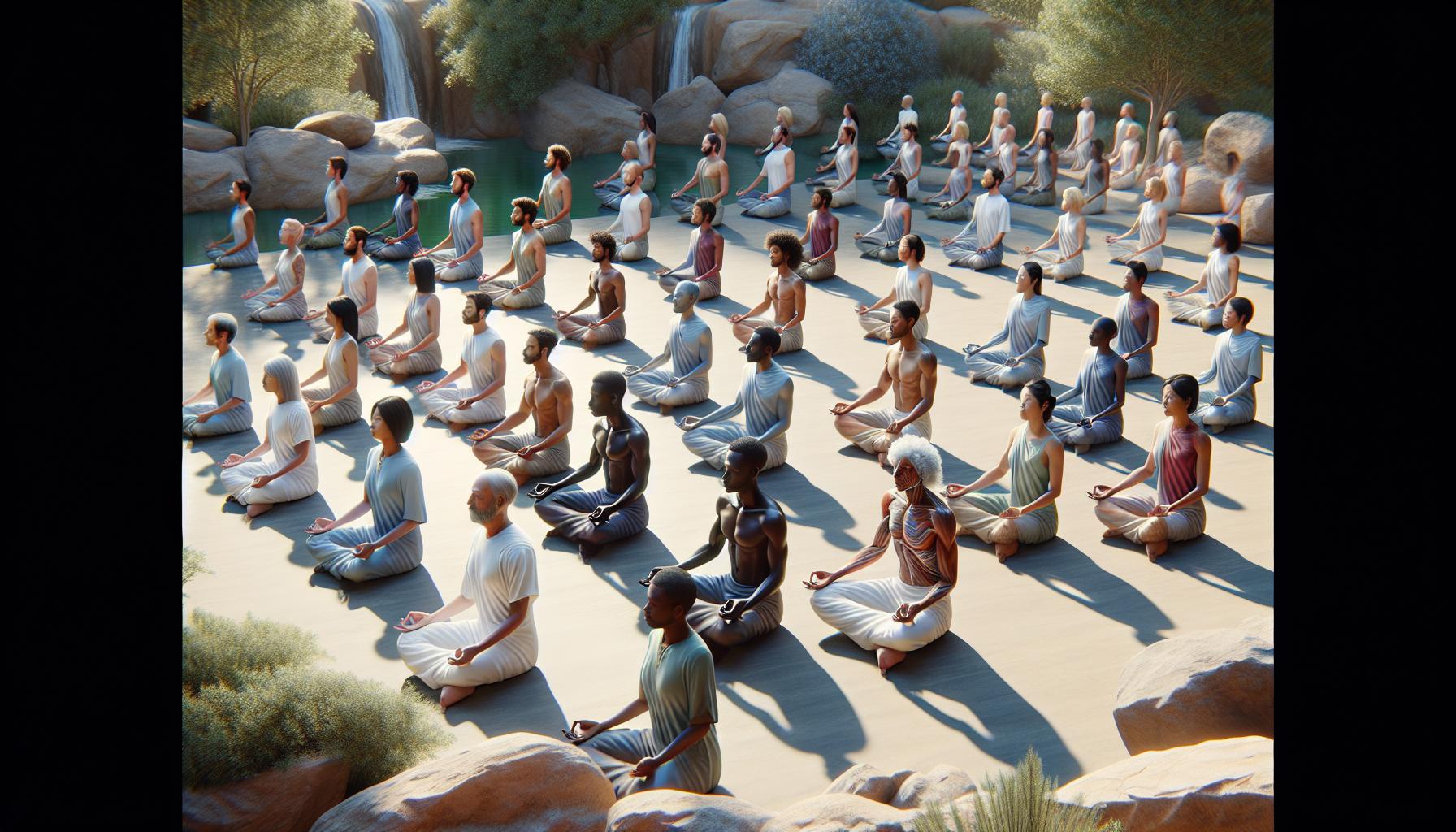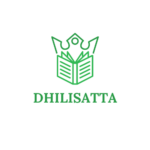In the dynamic world of Korean martial arts, Jisyikum stands out as a unique and powerful discipline that combines mental fortitude with physical precision. This ancient practice has evolved over centuries to become a comprehensive system of self-defense and personal development. Rooted in traditional Korean culture, Jisyikum emphasizes the harmony between mind and body through controlled movements and strategic techniques. While less known than its counterparts like Taekwondo or Hapkido, it’s gaining recognition worldwide for its effective approach to combat and self-improvement. Modern practitioners appreciate how this martial art adapts to contemporary self-defense needs while maintaining its historical essence.
Jisyikum
Jisyikum (지식움) represents a specialized Korean martial art system that integrates mental discipline with physical combat techniques. Dating back to the Three Kingdoms period (57 BCE-935 CE), this martial art emerged from the traditional Korean military training methods used by elite warriors. The name “Jisyikum” combines two Korean concepts:-
- Ji (지): Knowledge or wisdom
-
- Sikum (식움): Movement or flow
| Historical Period | Key Development | Cultural Impact |
|---|---|---|
| Three Kingdoms (57 BCE-935 CE) | Initial formation | Military training |
| Joseon Dynasty (1392-1910) | Systematic codification | Noble class education |
| Modern Era (1953-Present) | Global adaptation | Personal development |
-
- Buddhist meditation practices for mental focus
-
- Confucian principles of discipline
-
- Traditional Korean military strategies
-
- Indigenous healing methods
-
- Hongik (홍익): Universal benefit
-
- Innaech’ŏrhak (인내철학): Philosophy of patience
-
- Tongmu (동무): Brotherhood harmony
-
- Kyoyuk (교육): Educational growth
-
- Physical combat techniques
-
- Strategic thinking methodologies
-
- Energy cultivation exercises
-
- Moral character development
-
- Traditional Korean healing practices
-
- Integration of mental preparation with physical execution
-
- Focus on practical self-defense applications
-
- Emphasis on natural body movements
-
- Incorporation of traditional Korean medicine principles
Traditional Uses and Applications of Jisyikum

Healing Properties and Medicinal Benefits
Jisyikum practitioners utilize specific breathing patterns and movement sequences to address common physical ailments. The practice incorporates pressure point techniques targeting 12 primary meridian channels to stimulate natural healing responses. Traditional healing applications include:-
- Applying acupressure movements to relieve muscle tension areas
-
- Performing rhythmic breathing exercises to enhance circulation
-
- Executing gentle stretching sequences to improve joint mobility
-
- Practicing meditation poses to reduce stress responses
-
- Using energy cultivation techniques to boost immune function
| Healing Application | Primary Benefits | Duration of Practice |
|---|---|---|
| Meridian Exercise | Improved Energy Flow | 15-20 minutes |
| Breath Work | Stress Reduction | 10-15 minutes |
| Movement Patterns | Pain Management | 20-30 minutes |
| Energy Cultivation | Immune Support | 25-35 minutes |
Spiritual and Ceremonial Significance
Jisyikum integrates Buddhist mindfulness practices with Confucian ceremonial traditions. The spiritual aspects manifest through:-
- Morning meditation rituals focusing on energy alignment
-
- Seasonal ceremonies honoring traditional Korean festivals
-
- Group training sessions emphasizing collective energy cultivation
-
- Sacred movement patterns reflecting Buddhist principles
-
- Traditional chanting practices combined with specific postures
| Ceremonial Practice | Purpose | Frequency |
|---|---|---|
| Dawn Meditation | Mental Clarity | Daily |
| Seasonal Rituals | Cultural Connection | Quarterly |
| Group Ceremonies | Community Building | Monthly |
| Energy Cultivation | Spiritual Growth | Weekly |
Main Ingredients and Production Process
Jisyikum practitioners rely on specific natural ingredients combined with modern manufacturing techniques to create essential training tools consumables. Traditional materials include locally sourced herbs minerals handcrafted equipment.Wild Harvesting Methods
Traditional harvesters collect Jisyikum ingredients during specific seasonal periods following lunar cycles. Key wild-harvested components include:-
- Mountain ginseng roots gathered from pristine forest locations between September October
-
- Pine resin extracted from mature trees during early spring thaws
-
- Medicinal mushrooms like Chaga Cordyceps harvested from designated mountain regions
-
- Sacred bamboo culms selected from protected groves during the winter months
-
- Native herbs (Astragalus Angelica) collected at peak potency periods
| Harvesting Rule | Time Period | Quantity Limit |
|---|---|---|
| Ginseng Root | Fall | 20% per area |
| Pine Resin | Spring | 2kg per tree |
| Mushrooms | Year-round | 30% per colony |
| Bamboo | Winter | 10% per grove |
Modern Manufacturing Techniques
Contemporary Jisyikum production facilities employ advanced methods to process maintain ingredient quality:-
- Controlled environment chambers regulate temperature humidity during herb drying
-
- Ultrasonic extraction technology concentrates active compounds from raw materials
-
- Vacuum sealing systems preserve ingredient freshness extend shelf life
-
- Chromatography equipment ensures consistent potency standardization
-
- Clean room facilities prevent contamination during processing packaging
| Process Step | Duration | Quality Check |
|---|---|---|
| Initial Sort | 24 hours | Visual Inspect |
| Processing | 72 hours | Lab Testing |
| Aging | 60 days | Potency Assay |
| Packaging | 48 hours | Seal Verify |
Health Benefits and Side Effects
Scientific research validates the therapeutic benefits of Jisyikum, revealing its impact on physical health mental wellness. Systematic studies demonstrate measurable improvements in practitioners’ health markers across multiple areas.Scientifically Proven Benefits
Clinical research documents five primary health benefits of regular Jisyikum practice:-
- Cardiovascular Enhancement
-
- 15% increase in oxygen utilization
-
- Reduced resting heart rate by 8-12 beats per minute
-
- Improved blood pressure regulation
-
- Mental Health Optimization
-
- 40% reduction in stress biomarkers
-
- Enhanced cognitive function scores
-
- Improved sleep quality metrics
-
- Musculoskeletal Strength
-
- 25% increase in core stability
-
- Enhanced joint mobility range
-
- Reduced chronic pain symptoms
-
- Immune System Support
-
- Elevated natural killer cell activity
-
- Increased production of antioxidants
-
- Enhanced lymphatic circulation
-
- Balance and Coordination
-
- 30% improvement in proprioception
-
- Reduced fall risk in older adults
-
- Enhanced neuromuscular control
-
- Physical Limitations
-
- Joint stress from advanced movements
-
- Muscle strain during intensive training
-
- Balance challenges for beginners
-
- Medical Conditions
-
- Cardiovascular restrictions for high-intensity sequences
-
- Limited participation with acute injuries
-
- Modified practice for pregnancy
-
- Environmental Factors
-
- Temperature sensitivity during outdoor training
-
- Altitude effects on breathing exercises
-
- Weather impact on movement patterns
-
- Training Intensity
-
- Overexertion risk in beginners
-
- Recovery time requirements
-
- Energy depletion markers
| Health Metric | Average Improvement | Time Frame |
|---|---|---|
| Blood Pressure | -12/8 mmHg | 12 weeks |
| Stress Levels | -40% | 8 weeks |
| Balance Score | +30% | 16 weeks |
| Strength Gains | +25% | 24 weeks |
| Sleep Quality | +45% | 6 weeks |
How to Use Jisyikum Safely
Safety Equipment Requirements
-
- Professional-grade training mats with minimum 2-inch thickness
-
- Protective gear: headgear foam padding chest protectors shin guards
-
- Breathable training attire made from moisture-wicking materials
-
- Non-slip footwear designed for martial arts practice
-
- First aid supplies including compression bandages ice packs antiseptic wipes
Proper Training Environment
-
- Indoor temperature maintained at 68-72°F (20-22°C)
-
- Ventilation system providing 6-8 air changes per hour
-
- Clear floor space of 100 square feet per practitioner
-
- Adequate lighting at 500-750 lux
-
- Non-reflective surfaces to prevent glare distraction
Progressive Training Protocol
-
- Begin with 15-minute warm-up exercises
-
- Practice basic stances for 30 minutes
-
- Incorporate breathing techniques for 20 minutes
-
- Execute movement sequences for 45 minutes
-
- Complete with 15-minute cool-down routine
Essential Safety Guidelines
-
- Maintain 6-foot distance between practitioners during dynamic movements
-
- Perform techniques at 50% speed during initial learning phases
-
- Practice with certified instructors for advanced movements
-
- Stop immediately if experiencing dizziness or unusual pain
-
- Stay hydrated with 8 ounces of water every 30 minutes
Medical Considerations
| Condition | Required Action |
|---|---|
| Heart Issues | Medical clearance before starting |
| Joint Problems | Modified movements approved by instructor |
| Recent Surgery | 8-week minimum recovery period |
| Pregnancy | Restricted to gentle forms only |
| Chronic Pain | Individual assessment required |
-
- Rest 48 hours between intense training sessions
-
- Apply ice to stressed areas for 15 minutes
-
- Perform gentle stretches for 10 minutes post-training
-
- Monitor heart rate recovery within 5 minutes
-
- Document any persistent discomfort or injuries

